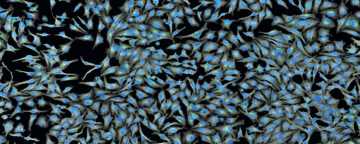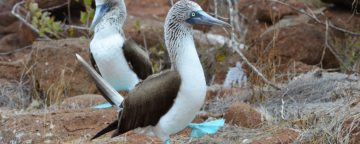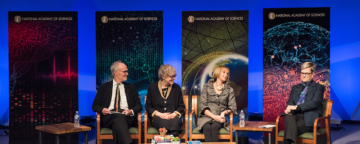An analysis in PNAS of how the media cover science considers whether scientific self-correction is contributing to a flawed narrative and inadvertently undermining public trust in science.


An analysis in PNAS of how the media cover science considers whether scientific self-correction is contributing to a flawed narrative and inadvertently undermining public trust in science.

Scholars, editors, and scientists at a National Academy of Sciences-Sunnylands-APPC retreat proposed uniform standards and greater transparency to clarify the roles of authors across different journals, fields, and cultures.

An analysis of Twitter posts during the Zika outbreak in 2016 shows a correlation between Twitter topics and the results of nationwide U.S. surveys, according to researchers at APPC and the University of Illinois.

Research from two APPC distinguished research fellows shows that Americans' understanding of evolution - as well as their politics and/or religion - is tied to their acceptance or rejection of it.

APPC Director Kathleen Hall Jamieson moderated a panel focusing on threats to science's reputation at the National Academy of Sciences Arthur M. Sackler Colloquium on the Science of Science Communication.

Marin P. Allen, a former top communication official at the National Institutes of Health, has joined APPC as a 2017-18 visiting scholar and is teaching a course in health communication at the Annenberg School.